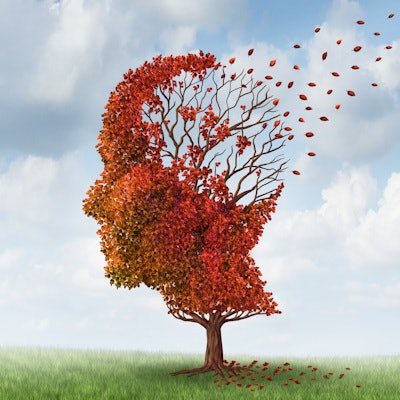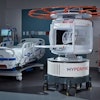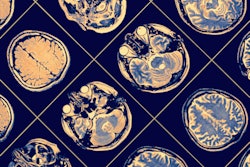
MRI scans show that social isolation can manifest as lower brain volume in areas related to cognition -- and thus increase risk of dementia, a study published June 8 in Neurology suggests.
The findings reveal yet another effect of the COVID-19 pandemic, said study contributing author Jianfeng Feng, PhD, of Fudan University in Shanghai, China, in a statement released by the journal.
"Social isolation is a serious yet underrecognized public health problem that is often associated with old age," Feng said. "In the context of the COVID-19 pandemic, social isolation, or the state of being cut off from social networks, has intensified. It's more important than ever to identify people who are socially isolated and provide resources to help them make connections in their community."
Social isolation and loneliness are significant public health problems, and it may particularly affect older people -- who are also vulnerable to dementia, the researchers noted. But whether and how social isolation influences the development of dementia is largely unstudied, and whether there are neurobiological factors is also unclear, Feng and colleagues wrote (although a recent study that used brain MRI showed that memory complaints in the elderly may indicate increased risk of cognitive decline).
To address this knowledge gap, a team led by Chun Shen, PhD, also of the university, conducted a study that included U.K. Biobank data from 462,619 adults who were followed for dementia beginning almost 12 years before the pandemic. Study participants completed a survey to assess social isolation and loneliness and underwent physical and biological tests -- including structural MRI exams -- to assess their brain health.
To evaluate social isolation, respondents were asked the following three questions:
- Do they live with others?
- Do they visit with friends or family at least once a month?
- Do they participate in activities such as clubs, meetings, or volunteering at least once a week?
The study respondents were considered socially isolated if the answer was no to at least two of these questions.
Of the total cohort, 9% (41,886) reported being socially isolated and 6% (29,036) reported feeling lonely. Out of the total number of participants, 1% (4,349) developed dementia, but out of the group of participants who were socially isolated, 1.6% developed the condition.
After controlling for risk factors such as age, sex, socioeconomic status, depression, and loneliness, the group found that socially isolated individuals had lower volume in gray-matter areas of the brain involved with learning and thinking and a 26% increased risk of dementia, the team found.
"Socially isolated individuals were found to have lower gray matter volumes of brain regions involved in memory and learning, which partly mediated the relationship between social isolation and cognitive function," the group wrote. "The findings highlight the potential threat of social isolation to cognitive function and risk of dementia, especially in the elderly."
The study findings point to further research, wrote Dr. Lawrence Whalley of the University of Aberdeen in Scotland in an accompanying editorial.
"Shen et al set new tasks for progress in dementia prevention," Whalley noted. "The first is to show where social isolation appears as a primary agent leading to dementia and is not a consequence of cognitive impairment. What follows becomes an intellectual challenge to reveal the substructure of social isolation and to identify those elements most relevant to dementia risk."



.fFmgij6Hin.png?auto=compress%2Cformat&fit=crop&h=100&q=70&w=100)





.fFmgij6Hin.png?auto=compress%2Cformat&fit=crop&h=167&q=70&w=250)











